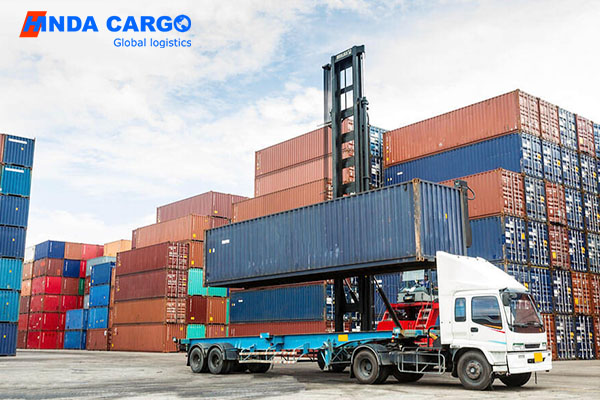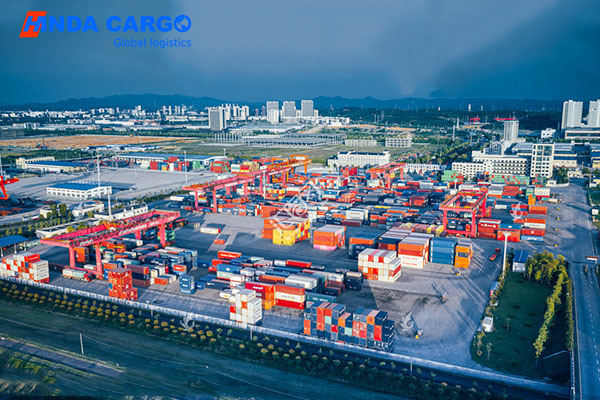What is international freight management?
International freight management is a vital part of global trade. It involves the coordination and management of operations, personnel and technology to ensure that goods are transported efficiently and safely internationally. In this article, we will explore the meaning, importance and key elements of international freight management.

What is international freight management?
International freight management is a complex process that requires the coordination of various operational activities, personnel and technology on a global scale to ensure that goods can reach their destinations on time and safely. International freight management involves all aspects from cargo preparation, transportation arrangements to destination delivery, as well as complex procedures and processes involving customs, logistics and transportation. Its core goal is to ensure that goods are delivered to customers on time, safely and efficiently, while minimizing costs and risks.
It mainly includes the following 3 aspects:
1. Operational coordination: International freight management requires coordination of operational activities in various links, including the collection, packaging, transportation, tracking and delivery of goods, to ensure the smooth progress of the entire process.
2. Personnel management: Effective international freight management requires appropriate staffing and training, including freight managers, transportation coordinators, logistics experts, etc., who are responsible for supervising and managing the transportation process of goods.
3. Technical support: Modern international freight management cannot do without advanced technical support, including logistics information systems, tracking technology, intelligent warehousing systems, etc. These technical tools can improve operational efficiency and cargo tracking capabilities.

What are the aspects of the importance of international freight management?
International freight management plays an important role in global trade, and its importance is mainly reflected in the following aspects:
1. Ensure on-time delivery: International freight management can ensure that goods arrive at the destination on time, meet customer needs and expectations, and help establish a good business reputation.
2. Reduce operating costs: Effective international freight management can reduce operating costs, improve transportation efficiency, save time and resources, and thus enhance the competitiveness of enterprises.
3. Improve cargo security: International freight management can improve the security of goods and prevent goods from being lost, damaged or stolen through advanced tracking technology and security measures.
4. Optimize the supply chain: International freight management can optimize the supply chain, strengthen cooperation and communication with suppliers, carriers and customers, and realize collaborative management and optimization of the supply chain.
How to achieve effective international freight management?
To achieve effective international freight management, we can start from the following aspects:
1. Develop a clear operation plan: Develop a detailed operation plan, including arrangements and schedules for each link such as cargo collection, packaging, transportation and delivery.
2. Train and recruit the right personnel: Ensure that you have the right team of personnel with good professional knowledge and skills to effectively manage and perform cargo transportation tasks.
3. Adopt advanced technical support: Use advanced technologies such as logistics information systems, tracking technologies and intelligent warehousing systems to improve operational efficiency and cargo tracking capabilities.
4. Strengthen cooperation and communication with partners: Establish a good cooperative relationship with suppliers, carriers and customers, strengthen communication and collaboration, jointly solve problems, and optimize the cargo transportation process.
Summary
International freight management is a complex and critical process that involves coordination and management between operations, personnel and technology. Through effective management and cooperation, we can ensure that goods can arrive at their destination on time and safely, meet customer needs, and improve the competitiveness and market position of enterprises.




